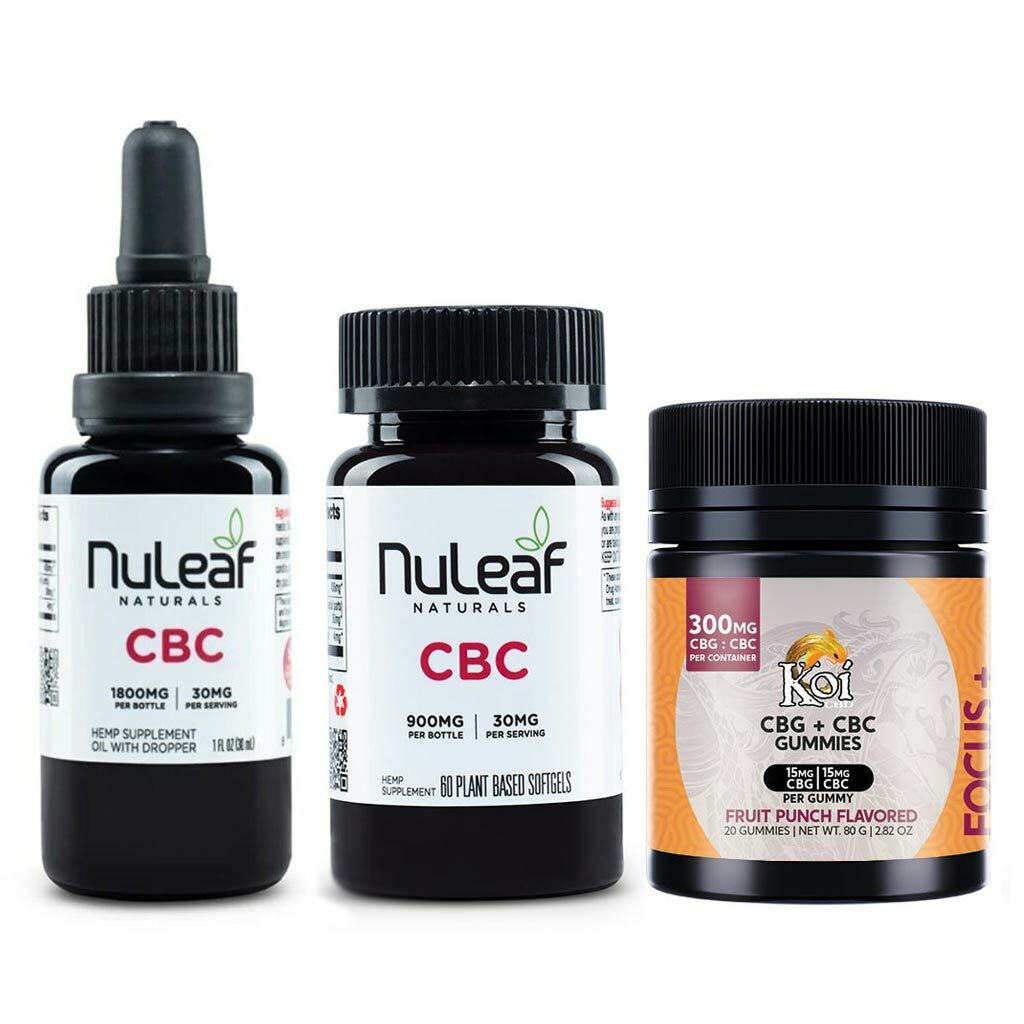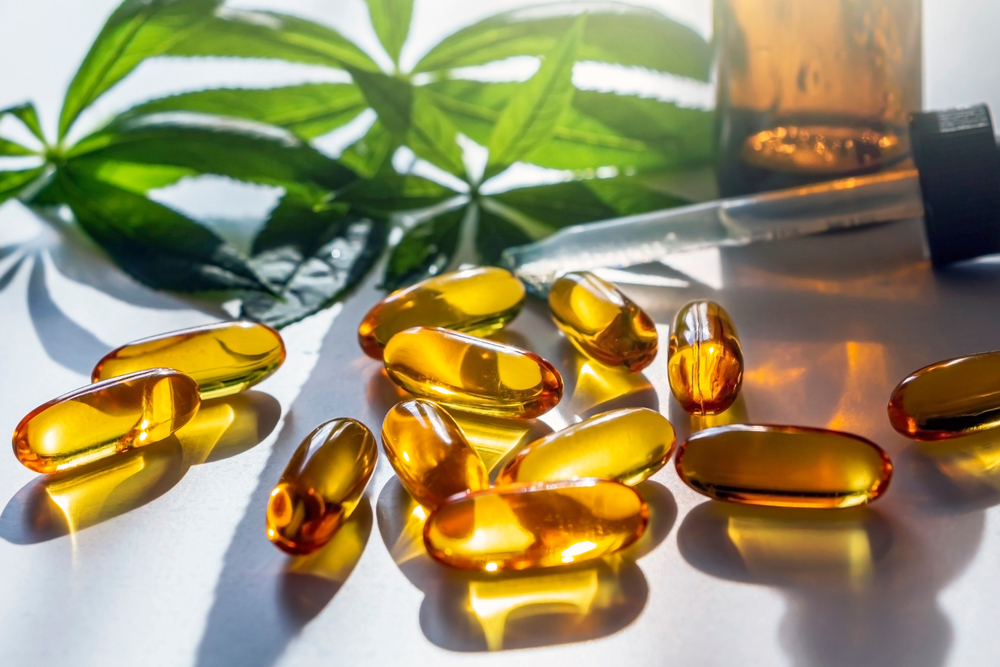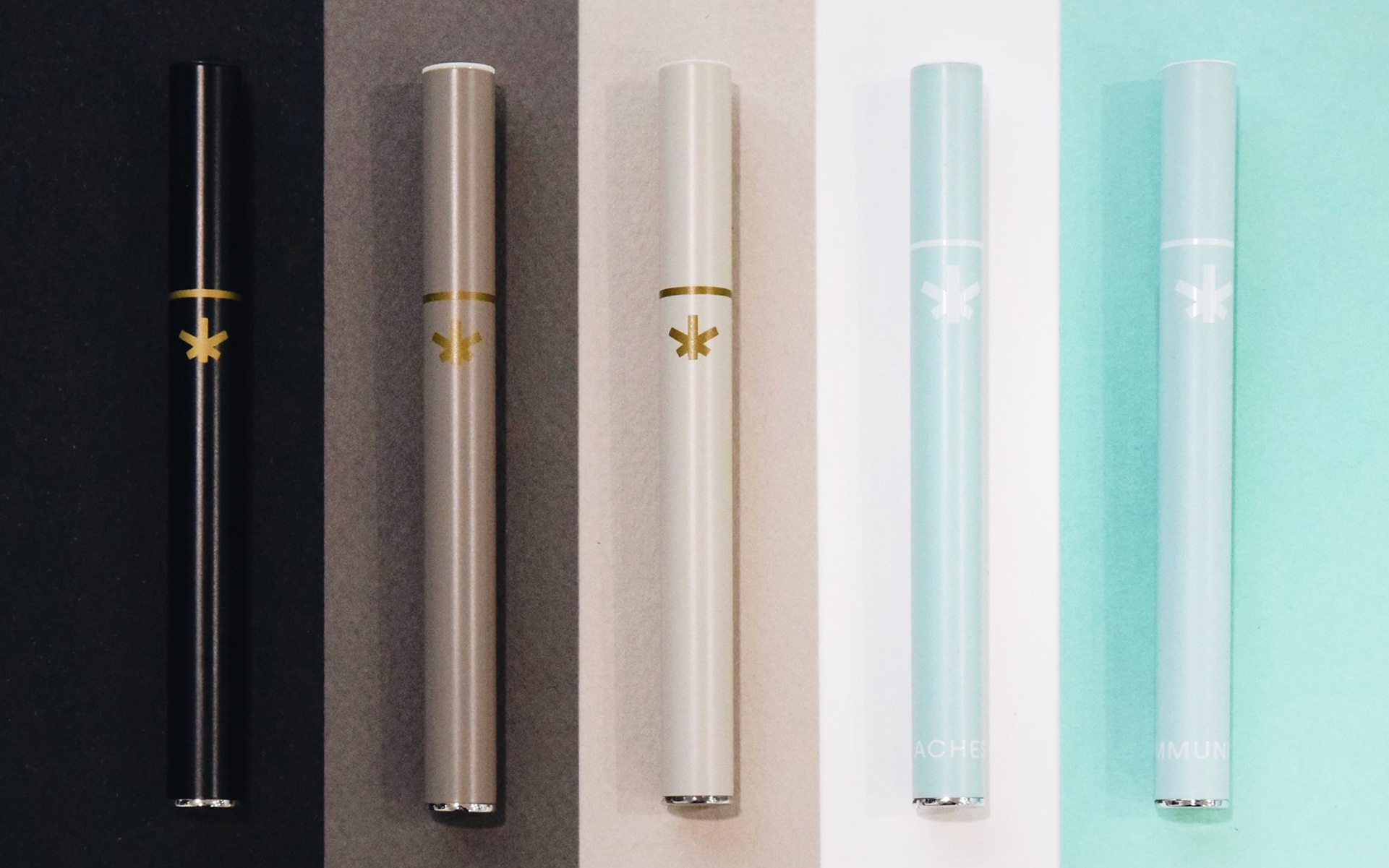
CBDMD oil can be found in many forms such as tinctures, gummies and even roller-creams. The oil has many ingredients. It is commonly used as a topical treatment for pain relief. It is very safe for use and has a wide variety of potential benefits. It is particularly useful for those suffering from chronic pain.
cbdmd gummies
CBDMD gummies is one way to get your daily dose of CBD. These gummies are high in CBD but not high in THC. Some gummies can cause false positives when tested for THC. This is due to the fact that some products contain trace amounts of THC. These CBDmd gums are great because they don't contain THC.

CBDMD gummies comes in three different levels of potency. They can be third-party tested and come accompanied by a certificate of analysis. Based in Charlotte, North Carolina, CBDMD is a company that produces hemp-extracted CBD products. Scott Coffman, an entrepreneur founded the company and Marty Sumichrast purchased it later. They merged the two businesses and rebranded it in 2018 as cbdMD.
CBDMD gums contain many hemp plant compounds. They are made with organic ingredients and are vegan. The company also uses organic juices and oils to create a high quality product. These gummies are a convenient way to take CBD.
cbdmd roller creams
Look at customer reviews when searching for cbdMD products. Many customers are happy with the products received. These reviews are found on the company website. High-quality hemp products are another hallmark of the company. The company makes a variety CBD-infused products, in different flavors and potencies.
CBD-infused topicals can be a great way for CBD to be applied without the risk of allergic reactions. Be sure to carefully review the ingredients list to make sure there are no harsh chemicals. Many of these products contain prescription pain medications that may not be appropriate for all skin types.

The cbdMD freeze gel, which is CBD-infused, is very popular. This gel is infused with menthol to soothe muscles, and contains broad-spectrum CBD. It also includes other cannabinoids. This gel is convenient for those who travel and are looking for quick results. It's non-greasy formula makes it great for treating chronic pains.
FAQ
What are the best uses for CBD?
CBD can be used as an alternative to anxiety treatment. It can also be used to treat pain and inflammation, depression, epilepsy, epilepsy, pain, and other conditions.
There are many ways to consume CBD. You can eat foods containing CBD, drink CBD tinctures, vape CBD e-liquids, apply CBD creams and salves, or even put CBD drops under your tongue.
There are many benefits to consuming CBD. It has been proven to ease chronic pain, PTSD and anxiety.
What CBD products are the most popular?
CBD products are all over the place these days. CBD products are popular for their ability to relieve pain and anxiety. This market is large and growing quickly.
But what are people buying CBD oil for? This is how it affects brand owners.
Statista states that CBD products are bought for their relaxing effects. They can also be used to treat inflammation.
This means that your product can be sold for medicinal or recreational purposes if it contains CBD and THC.
What about brands that focus on a specific purpose? One example is CBD for stress relief.
In addition, if a brand focuses on CBD for medical purposes, then it will have a large customer base.
But, if a brand is looking to target recreational users they will need to develop a unique selling position (USP). A USP can be described as a unique selling proposition (USP) that is unique to a brand.
Some brands offer free shipping while others offer bulk discounts.
Is the CBD industry saturated?
CBD is growing at a rate of more than 25% per year. This growth is expected not to stop for at least five more years. In fact, the industry is projected to grow from $2 billion today to $5 billion by 2020.
Canndoc Ltd and GW Pharmaceuticals are the dominant players in the CBD market. Both are focused on developing pharmaceutical-grade products. But they have not been particularly successful. Both are struggling in the marketplace to gain traction.
Cannabidiol (CBD) is an extract of cannabis that contains less than 0.3% THC. It does not have any psychoactive properties. It is used to treat epilepsy and other conditions. It is also commonly used as a dietary supplement.
There are many types of CBD products. Some CBD products are made from whole plant extracts while others contain CBD.
All of these products share one thing: They contain low levels THC.
These products are legal under US federal law. This doesn't mean you shouldn't follow local laws when selling CBD-related products. You should always verify your state's regulations for the sale of CBD products.
There are also several states that CBD products are prohibited. These states include California, Colorado and Mississippi, Missouri. New York, North Carolina. Ohio. Oklahoma. Oregon. Rhode Island. South Dakota. Texas. Utah. Virginia. Washington.
You will want to stay clear of CBD products if you are from one of these states.
Is CBD a good investment?
The market for hemp-based products continues to grow as people become increasingly aware of their benefits. There could be $1B worth of hemp products on the shelves by 2022.
The market is expected to continue growing at over 20% per year until 2020 when it reaches $2.5billion.
Hemp oil has been used in many beauty products and health care products including creams, lotions.
There are many CBD-infused food items, such as snacks, dog treats and pet foods, that can be produced by companies.
CBD is currently legally available in all 50 States. However, this could change soon. More research into CBD's potential uses will be done, which will make it easier for businesses and law enforcement to do business legally.
With all these factors in mind it is clear that CBD investing can prove to be a lucrative venture.
Statistics
- The use of these products is likely to become even more widespread if the World Health Organization's recommendation that CBD no longer is scheduled in the international drug control conventions is adopted by the United Nations member states [201]. (ncbi.nlm.nih.gov)
- The inhibition of FAAH is predicted to lead to an increase in brain and plasma concentrations of AEA, which acts as a partial agonist at CB1R and CB2R, thereby increasing endocannabinoid tone [92, 110]. (ncbi.nlm.nih.gov)
- however, one study also found that these effects were virtually abolished when the original media (a nutrient broth agar) was replaced with one containing 5% blood (increasing the minimum concentration to ~160 μM CBD) [179]. (ncbi.nlm.nih.gov)
- A recent study [161] also found that in vitro CBD treatment (i.e., ≤ 2 h exposure to 10 μM) induced ~40% vasorelaxation in isolated (pre-constricted) (ncbi.nlm.nih.gov)
- CBD seems unlikely to directly influence sleep in healthy humans [115] (and maybe “sleep-promoting” in those with certain comorbid conditions) (ncbi.nlm.nih.gov)
External Links
How To
What are the main issues with the CBD industry.
The market for CBD products is expanding at an astounding rate. However, this market is still full of challenges for businesses that want to expand. These include low consumer awareness, high entry costs, limited capital access, regulatory uncertainty, and lack of consumer awareness.
Many consumers don't understand what CBD is and how it works. This makes it difficult for consumers to make informed decisions on whether or not they want CBD products.
CBD companies are heavily dependent on word-of–mouth marketing. This is expensive as they must pay advertising costs and to hire staff to market their brand.
High production costs are another problem facing new entrants in the CBD industry. The raw materials needed to create CBD products are quite expensive. For example, hemp needs to be grown in specific climates and soil types before it can be processed into CBD oil.
It takes approximately $1,000 per acre to grow enough hemp to process into CBD oil. Because of this, many small farmers are unable to afford to grow enough hemp for CBD oil.
The lack of capital access is another obstacle new entrants to the CBD market face. Many people who want to start a business are discouraged by banks due to the stigma associated with the industry.
Finally, there is regulatory uncertainty surrounding the sale of CBD products. There are currently no clear guidelines regarding how CBD products should be marketed.
Some states have passed legislation restricting the sale of CBD products, but this has yet to become national policy.
So far, only two states - Maine and Nevada - have legalized recreational marijuana.
However, some states like Massachusetts and Michigan are considering similar measures.
These changes could result in increased competition between CBD manufacturer.
Many entrepreneurs prefer to work at home over starting a business.